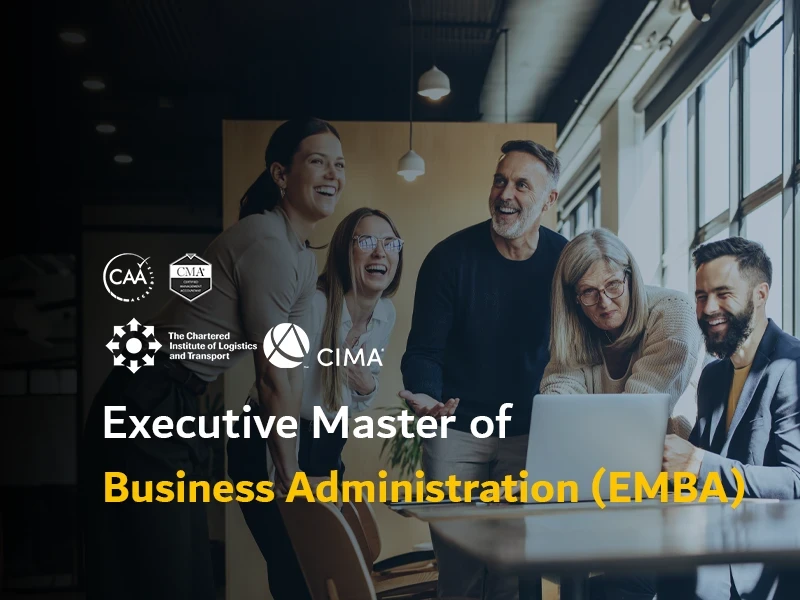
Amity University Dubai's Executive Master of Business Administration (Executive MBA or EMBA) degree prepares learners for leadership and transformational roles in dynamic business environments. It allows professionals to use their experience and knowledge to develop innovative solutions that positively impact businesses and society.
Our graduates are strategic thinkers who are looking to become senior leaders, and this qualification will be the first step to achieving this goal.
Entry to Amity University Dubai’s EMBA programme is selective and competitive, and is only granted to applicants with a minimum of 3 years of professional experience.
Our EMBA degree has flexible intake dates that work around your schedule. Admission to the degree can begin at the start of each module.
The degree consists of 33 credit hours spread over two years. It comprises of 15 courses of 5 weeks each, and a Business Research Consultancy report.
Classes are held on Saturdays and Sundays.
Programme Learning Outcomes
- Integrate advanced knowledge of various business and allied disciplines with their entrepreneurial and professional experience in providing strategic direction for the enterprise
- Integrate advanced intervention research methods into the analysis of complex business problems.
- Create value for the business through innovation and organizational transformation
- Manage crises and uncertain business conditions
- Conduct data-driven intervention research projects
- Integrate information technology in data retrieval and assessment
- Communicate a clearly articulated position orally and in writing using appropriate media
- Account for diverse governance structures and frameworks
- Reflect on sustainability, cross-cultural, and ethical issues in professional contexts
- Take responsibility for further learning and training by participating in development opportunities
- Take responsibility for leading and managing activities in professional settings






















